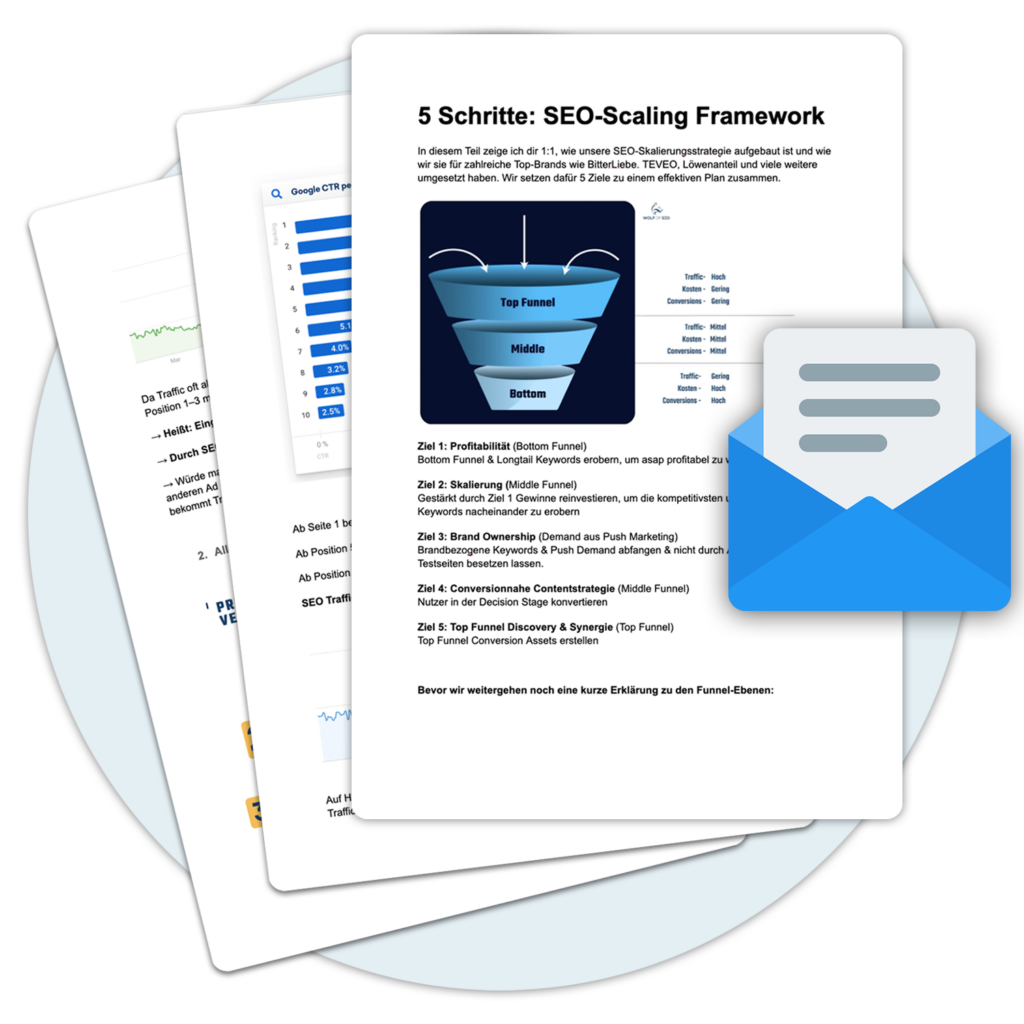What is a stop word?
Stop words are words that are often considered irrelevant in natural language processing. They are often removed from search queries before the data is forwarded for further processing. These include words such as "the", "the" and "the". These words are useful for limiting the number of relevant words needed to process the language.
In the SEO terminology these are the most common words that most search engines avoid and save space and time when processing large amounts of data during the Crawl or index. This helps search engines save space in their databases.
For example, let's say you are looking for "How to bake a cake". Search engines usually ignore: "like", "man" and "a" words and search specifically for "bakes "+"cake".
Advantages of stop words
Stop words have the advantage of simplifying natural language processing and making more effective use of available resources. They are often used to reduce the number of relevant words needed to process the speech. This improves the speed and accuracy of processing.
Disadvantages of stop words
Stop words can remove some useful information from the data. While they are often used to reduce the number of relevant words needed to process the speech, they can also remove important contextual information that may be important for processing the speech.
Use cases of stop words
Stop words are commonly used in search engines, chatbots, and other applications that process natural language. They are used to reduce the number of relevant words needed to process speech. They can also be used to remove unwanted words from texts before they are processed further.
Examples of stop words
Frequently used stop words are: "the", "die", "das", "ein", "eine", "sein", "sie", "es", "ist" and "haben". These are frequently occurring words that are considered irrelevant in natural language processing.
Google Hummingbird and Stop-Words
The Hummingbird update brought a significant Change in Google's algorithm in 2013. Hummingbird has a strong effect on natural language questions, especially when it comes to context and meaning about individual Keywords goes. Content on individual pages of a website is also examined more closely. This improves the probability, Search results to deliver the most suitable side and not just a Homepage contain
The update marked the most important sematic Incision of Google search for many years for more user-friendly search interactions. Thus, publishers and authors were encouraged to optimize their websites with natural writing instead of forced keywords and Keyword stuffing at Rankings to arrive.
This update allowed Google to better understand the content of the web page. Now Google can Stop words better than before. With Hummingbird, Google can also work much better with Long Tail Keywords handle.
How stop words can influence SEO
Generell schaden Stop-Words Ihrer SEO in der Regel nicht. Es wird jedoch bevorzugt, Stoppwörter zu vermeiden, um lange Titel oder URLs zu vermeiden. Stoppwörter können Platz verschwenden. Dies ist umso wichtiger, wenn das Suchergebnis Ihre URL, Ihren Titel oder Ihre Beschreibung aufgrund umfangreicher Inhalte nicht vollständig anzeigt. Daher wird empfohlen, Stoppwörter von On-page SEO factors such as URLs, titles, and descriptions whenever possible without compromising readability.
Avoid using stop words in the following:
- Page title tags
- URLs of web pages
- Meta descriptions (Only if no impairment of readability)
- Image Alt text
- Keywords (if available)
Types stop words
Stop words are generally considered to be "a single set of words". They can have really different meanings for different applications. For example, in some applications, removing all stop words directly from the Determinants (e.g. the, a, an) via Prepositions (e.g. top, across, before) up to some Adjectives (e.g. good, nice) can be a suitable stop word list.
However, this can be disadvantageous for some applications. For example, the removal of adjective terms such as "good" and "nice" as well as negations such as "not" can throw algorithms off track when analyzing sentiment. In such cases, depending on the requirements of the application, you can choose to use a minimal stop word list consisting only of determiners or determiners with prepositions or only of coordinating conjunctions.
Examples of small stop word - lists that you can use:
- Determinants - Determiners tend to mark nouns, with a determiner usually followed by a noun
Examples: the, a, an, another - Coordinating conjunctions - Coordinating conjunctions connect words, sentences and clauses
Examples: for, a, yet, but, or, still, so - Prepositions - Prepositions express temporal or spatial relations
Examples: in, under, against, in front of
In some domain-specific cases, such as clinical text, we may want a very different set of stop words. For example, terms such as "mcg", "dr" and "patient" may have less discriminative power in creating intelligent applications compared to terms such as "heart", "heart failure" and "diabetes". In such cases, we can also construct domain-specific stopwords as opposed to using a published stopword list.
Conclusion
Stop words are useful for reducing the number of relevant words needed to process speech. This can improve the speed and accuracy of processing. However, they can also remove important contextual information that may be important for processing speech. Stop words are commonly used in search engines, chatbots, and other applications that process natural language.
« Back to Glossary Index






 By
By 